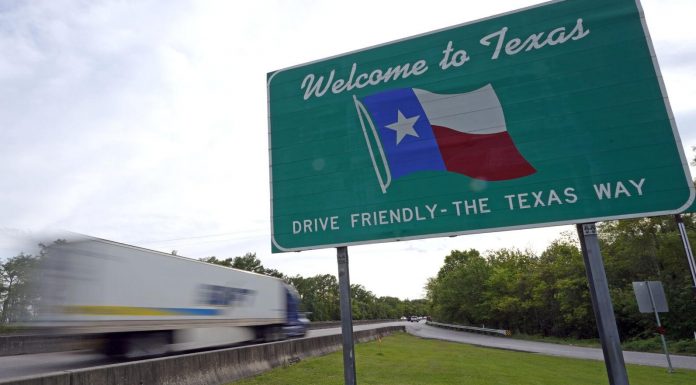Texas Republicans are moving forward with legislation to commence a full audit of the 2020 presidential election.
Yesterday, state Sen. Paul Bettencourt filed Senate Bill 47 to give elected officials the power to request vote audits for their counties.
Former President Donald Trump praised Bettencourt and Lt. Gov. Dan Patrick for their efforts to advance the bill in a statement.
“This will have a big impact on the upcoming 2022 and 2024 elections in Texas,” Trump said. “Texas will always be red, but we must stop the cheating.”
Trump also called upon state officials across the country to take similar steps—both to ensure that the 2020 election was not improperly conducted and to raise the confidence of voters for the 2022 and 2024 election cycles.
At the same time, the former president has criticized some Texas Republicans, including the Texas secretary of state, for insufficiently focused audits of state counties.
As far as policy is concerned, and beyond the ability for officials to call for audits in their districts, Trump has advocated for harsher penalties on voter fraud as well as the institution of universal voter identification requirements.
Voter confidence is a real concern, particularly given pre-election and post-election doubts over outcomes.
For instance, a substantial number of Republicans took issue with the introduction of large-scale mail-in voting that was enacted ostensibly as a safeguard for the coronavirus pandemic during the 2020 election.
Democrats who used emergency powers to enact the policies—in some cases violating state law—now seek to codify mass absentee voting measures at the federal level, paving the way for widespread potential vote fraud.
But they, too, have seen waning confidence in America’s democratic institutions. Going back to 2016, many Democrats believed that Russia manipulated the election for then-candidate Trump. Those claims, despite having been debunked by the Mueller report, have continued to circulate in Democrat talking points.
It is unclear where the Texas bill will go, or what will be the fate of the ongoing Wisconsin investigation. What is certain, however, is that election issues will remain a central dispute in the states as the Biden administration and other actors push to introduce new voting rules and to institutionalize the emergency COVID-19 voting changes—some of which were implemented legally and others not.

